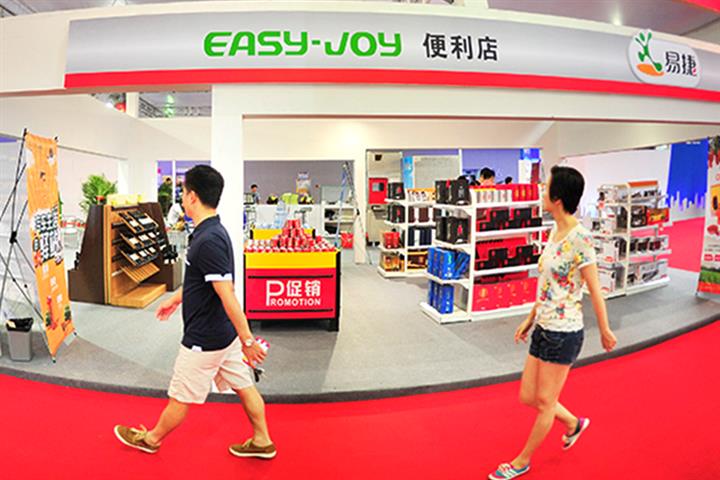 China’s Convenience Store Sector Sees Rate of Growth Slow for First Time in 5 Years
China’s Convenience Store Sector Sees Rate of Growth Slow for First Time in 5 Years(Yicai Global) Aug. 20 -- The rate of growth of new convenience stores in China slowed last year for the first time since 2015, the Beijing Business Today reported today, citing an industry research report.
There were 132,000 convenience stores in China in 2019, up 9 percent from 2018, but noticeably less than the 15 percent surge from 2017 to 2018, the China Chain Store and Franchise Association said in a report jointly released with global accounting firm KPMG International yesterday.
The convenience store sector has now entered the stage of 'stabilized development,' said Pei Liang, CCFA president, adding that the previous stage could be considered ‘radical.’
Convenience store operators now need to pay more attention to optimizing their stock and seeking steady expansion by improving their operational and digitalization capabilities, Pei said.
The country’s top 10 convenience store operators took up 68 percent of market share, the report said. Gas station store chains Easyjoy, under Sinopec, and uSmile, run by the China National Petroleum Corp, had the most outlets with 27,600 and 20,000 respectively accounting for 36 percent market share. The other eight chains in the top ten only had 32 percent.
Convenience stores logged revenue of CNY255.6 billion (USD36.9 billion) last year, up 13 percent year on year, but still less than the 19 percent growth clocked in 2018, the report said. Daily average sales per store were up 4 percent to CNY5,297 (USD765.6), still slower than in previous years, it added.
Growth in the convenience store sector is mainly happening in second- and third-tier cities, as opposed to first-tier cities where the field is more saturated, as their economies are developing quickly and consumption habits are on the rise, the report said.
Leading operators will speed up mergers and form alliances with smaller chains so as to exploit the advantages of functioning as a union and cut operating costs, the report said.
Industry leaders will also accelerate extending their brands nationwide. Franchising still remains the main expansion model and there remains huge space for growth in the market, it added.
Editor: Kim Taylor